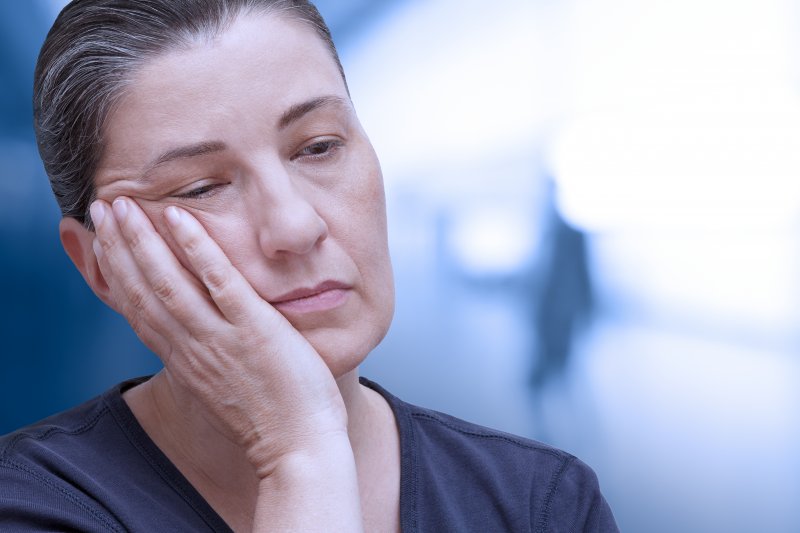
Sleep apnea is often to blame for many problems, including drowsy driving, irritability, forgetfulness, loud snoring, and extreme fatigue. Yet, these are just a few of the many signs that indicate a more serious issue – one that can lead to negative changes and occurrences throughout the body. Since the inability to get proper rest can keep a person from being more active, one question many ask is whether sleep apnea can accelerate aging. The only way to find out is to learn how this happens and what you can do to reverse it.
Fast-Forwarding Your Age: The Role of Sleep
According to researchers at the University of Missouri School of Medicine, who studied the effects of untreated obstructive sleep apnea (OSA) on the biological aging process, they determined that appropriate treatment may slow or reverse “age acceleration.”
Although there are environmental factors that can speed up a person’s biological age (i.e., unhealthy diets, smoking or using tobacco, air pollution, etc.), OSA can also be a culprit. The reason is that frequent interruptions while asleep cause lower oxygen levels, which can play a role in the aging process.
However, when seeking treatment for OSA, the results can be promising. Among the 16 adult nonsmokers who had OSA, regular use of a CPAP device led to a decline in epigenetic age – a situation that occurs when a person’s biological age exceeds their chronological age based on DNA blood testing.
Can Seeing a Sleep Dentist Help?
Yes, if you believe you might have sleep apnea, you should not wait to see a professional about treatment. If you notice any of the following symptoms (or someone in your home tells you), schedule an appointment sooner rather than later:
- Extreme, chronic fatigue
- Loud snoring
- The inability to remember things (forgetfulness)
- Irritability
- Drowsy driving
- Daily headaches that occur mostly in the morning
- Dry mouth
- Waking up gasping for air or choking
- Breathing stops for 10 seconds or more while you sleep
Once you are formally diagnosed with sleep apnea, you can begin treatment with one of the many varieties that are available. While CPAP therapy remains one of the most common ways to address sleep apnea, you can also achieve great results with oral appliance therapy.
Wearing the device while you sleep moves your jaw into a more comfortable position and keeps your soft oral tissues from collapsing and creating an airway obstruction.
Don’t let time pass you by. Live a longer, healthier life by seeking professional treatment for your sleep apnea.
About Grand Dental – Lockport
Grand Dental – Lockport’s team of qualified dentists is here to make achieving better sleep possible. With oral appliance therapy, we can improve symptoms and help minimize the potential risk of age acceleration. If you want to learn what you can do to breathe easier, stay healthy, and live longer, visit our website or call (815) 240-8068 to schedule a consultation today.
